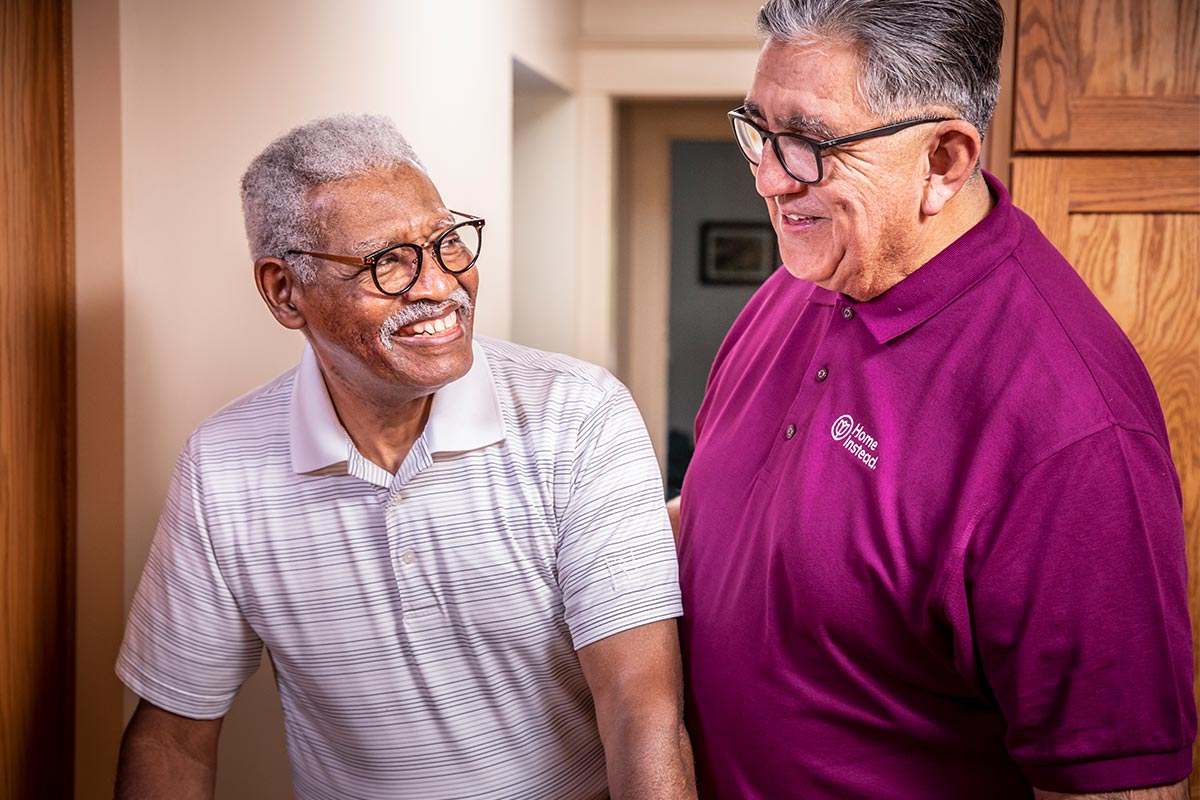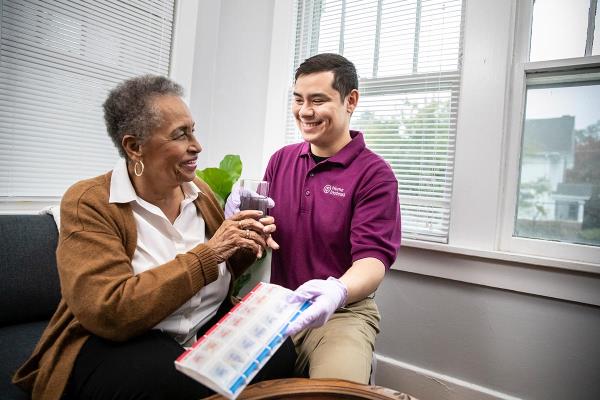Caring for a loved one is a rewarding experience, but it can also be physically and emotionally demanding. It's crucial for family caregivers to recognize when they might need support to prevent burnout and maintain their own well-being. That's where respite care comes in. In this blog, we will explore what respite care is and discuss the signs that indicate you might benefit from it. Understanding respite care and seeking assistance when needed can help ensure the best possible care for both you and your loved one.
What is Respite Care?
Respite care refers to secondary care that is provided to individuals who require assistance with daily activities, medical supervision, or companionship. It is designed to give primary caregivers a break from their caregiving responsibilities, allowing them to rest, recharge, and attend to their own needs. Respite care can take various forms, including in-home care, adult day programs, or temporary stays in assisted living facilities.
Signs You Might Need Respite Care
- Overwhelming Fatigue and Exhaustion
Caregiving can be physically demanding, and the constant demands on your time and energy can lead to exhaustion. If you find yourself feeling consistently tired, lacking energy, or experiencing difficulty in meeting your own self-care needs, it may be a sign that you need a break. Respite care can provide you with the opportunity to rest, rejuvenate, and regain your strength. - Emotional Stress and Feelings of Overwhelm
Providing care for a loved one can take an emotional toll. Feelings of stress, anxiety, guilt, or resentment are not uncommon among caregivers. If you find yourself experiencing persistent feelings of overwhelm or struggling to manage your emotions, respite care can offer a reprieve. Taking time for yourself can help reduce stress levels and promote emotional well-being. - Neglected Personal Needs and Hobbies
As a caregiver, it's easy to put your own needs and interests on the back burner. If you have noticed that you've been neglecting your personal care, hobbies, or social activities, it may be an indication that you need respite care. Taking time for yourself allows you to maintain a sense of identity and engage in activities that bring you joy and fulfillment. - Strained Relationships and Social Isolation
Caregiving responsibilities can sometimes strain relationships with family, friends, and even your loved one. You may find that you have limited time for socializing or that your interactions with others have become strained. Social isolation can have detrimental effects on your well-being. Respite care can provide the opportunity to reconnect with your social network, strengthen relationships, and nurture your own support system. - Decline in Your Own Health
Neglecting your own health can have serious consequences. Caregivers often prioritize the health of their loved ones, sometimes at the expense of their own well-being. If you have noticed a decline in your physical or mental health, such as chronic pain, sleep disturbances, increased anxiety, or depression, it's important to seek respite care to address your own health needs.
Recognizing the signs that indicate you might need respite care is crucial for maintaining your own well-being as a caregiver. Respite care offers you the opportunity to take a break, recharge, and prioritize your own physical and emotional health. Remember, seeking assistance is not a sign of weakness but rather a proactive step towards providing the best care for both you and your loved one. At Home Instead in Markham, we understand the importance of respite care for family caregivers. Our professional caregivers are here to support you and provide the temporary care needed to ensure you can take the time you need to care for yourself. Call us today at (905) 604-4223 to inquire about or in-home care respite services.



